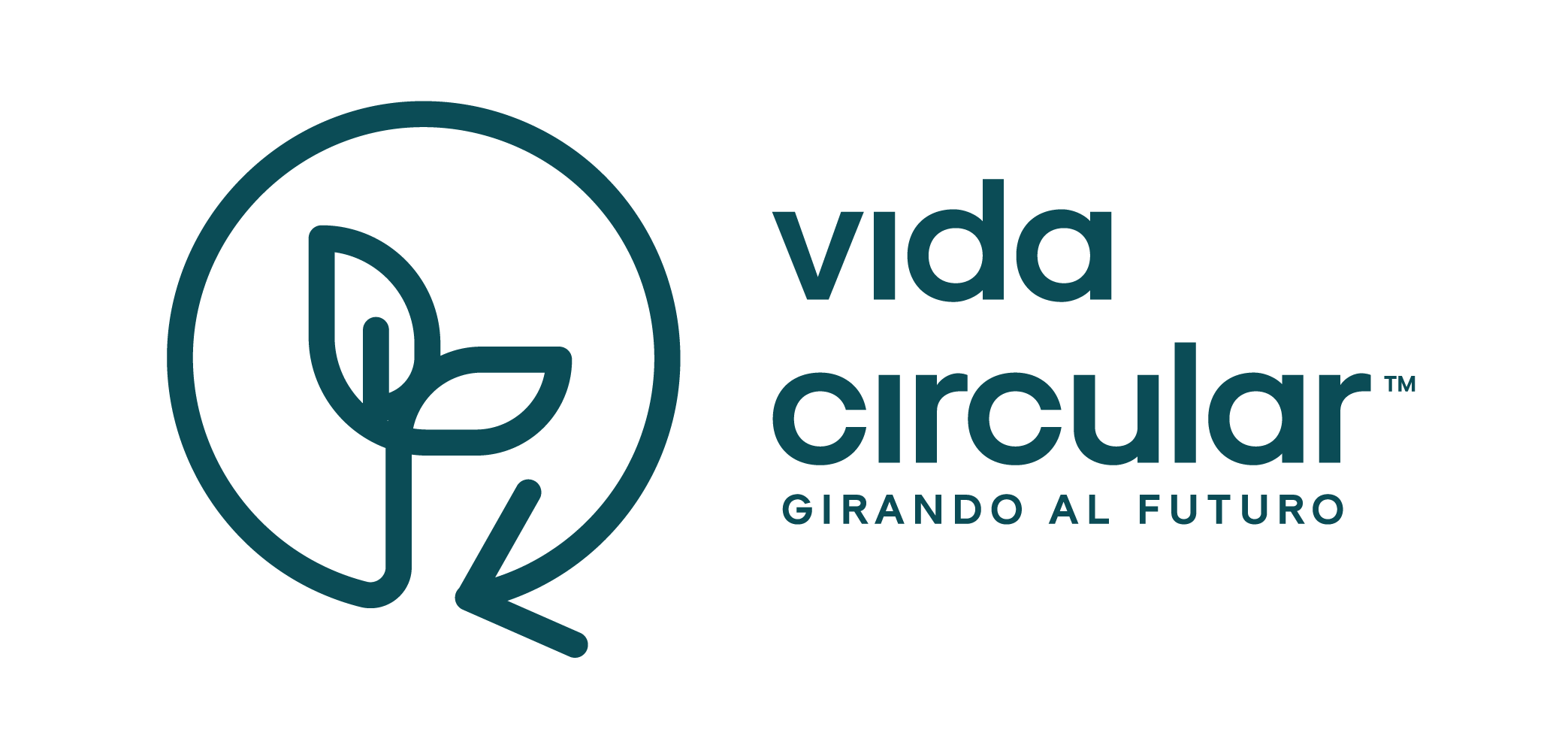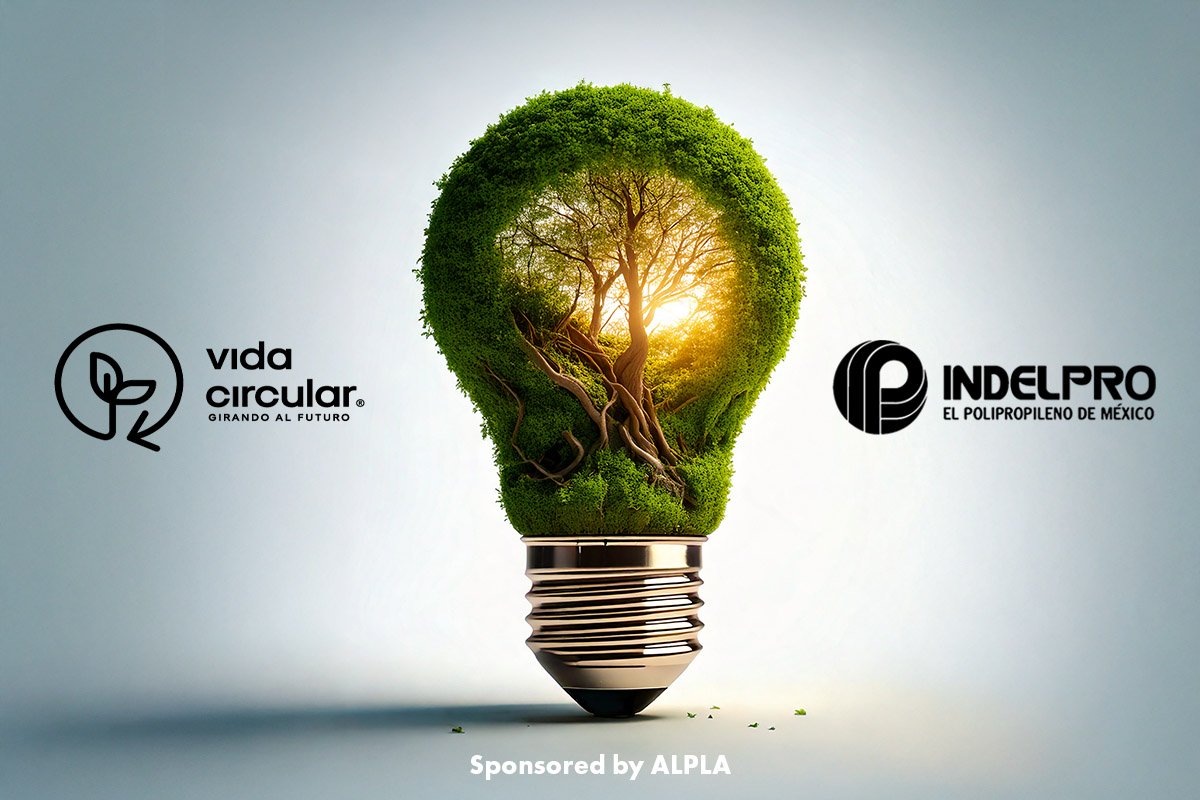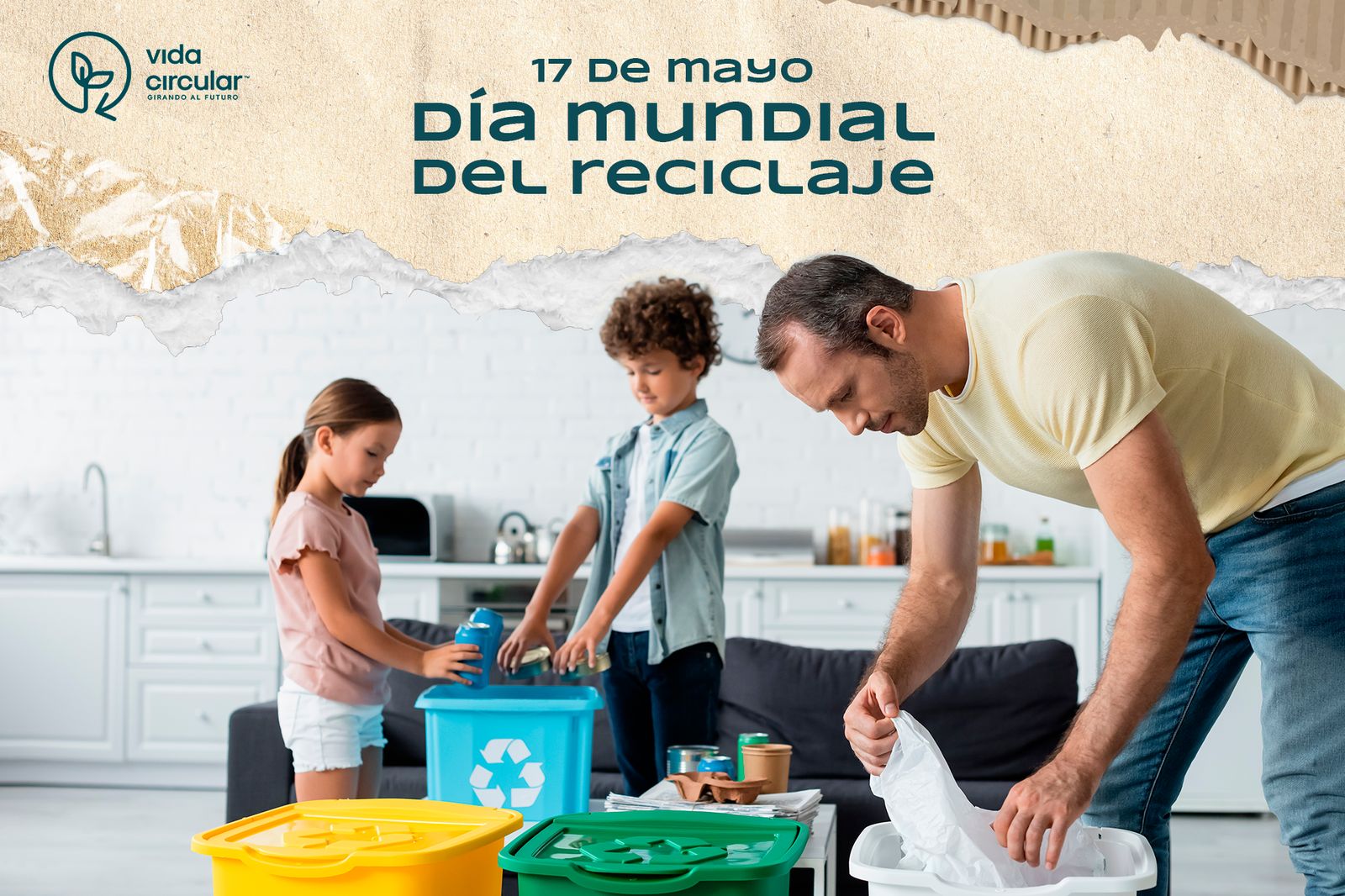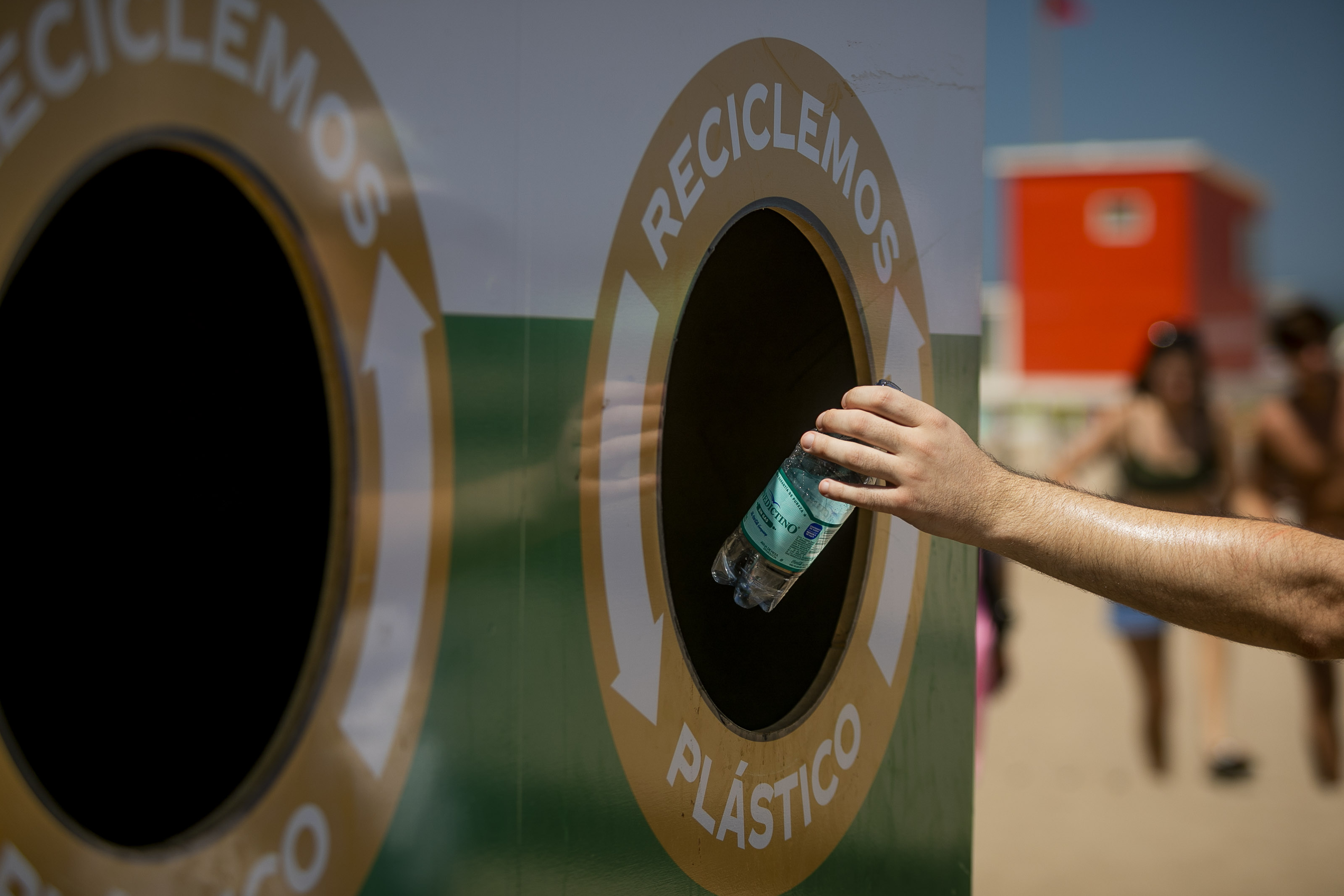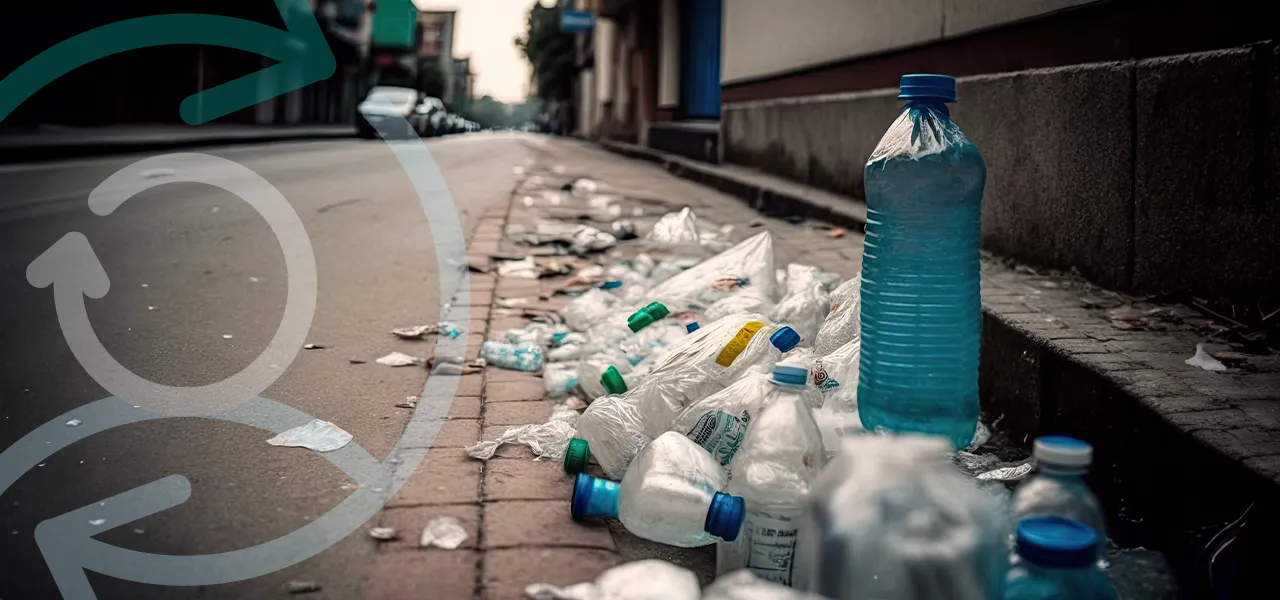
Waste in Central America: Challenges and Solutions for a Sustainable Future
What is waste?
Imagine you are at home, at the office or anywhere else. Surely you have seen things that are no longer useful or that you don't need, right? Well, that's waste, it can be solid things like plastic bags or liquid things like used cooking oil. Waste is generated everywhere: in our homes, in factories, in offices and even in parks. There are different types of waste:
Organic: These are food scraps or yard waste, e.g., fruit peels or fallen leaves from trees.
Inorganic: This includes plastics, metals and glass, which are wastes that do not decompose easily.
Hazardous: These are the most complicated, including chemicals or batteries that may be toxic to the environment or to us.
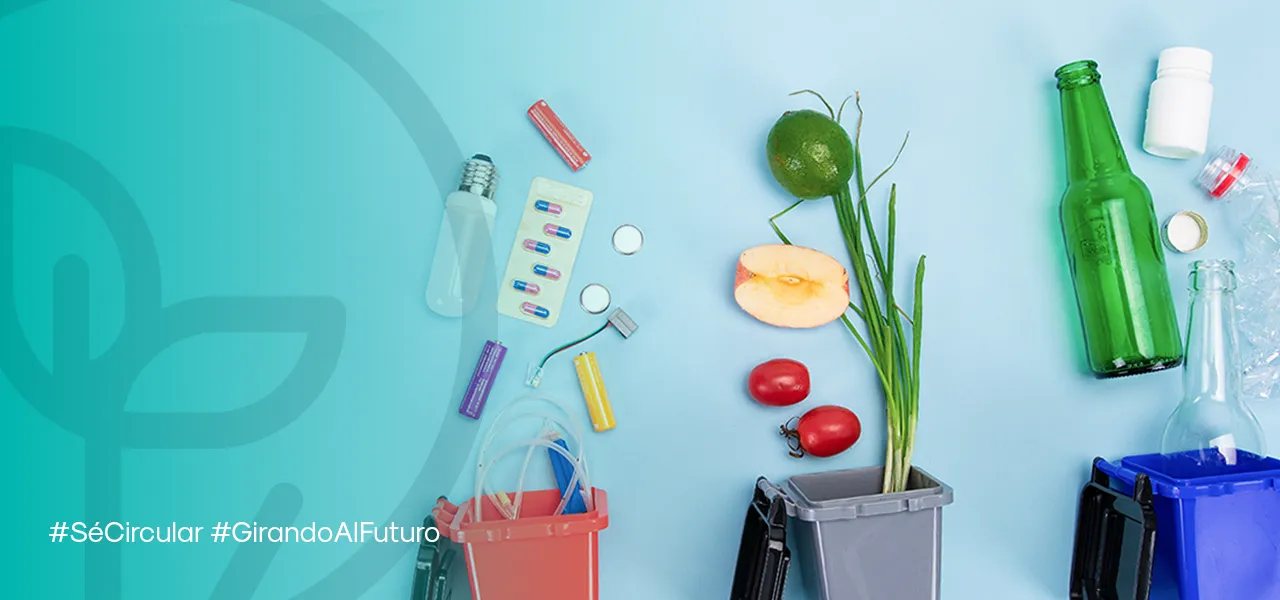
Why is it important to manage waste well?
Have you ever wondered what happens to the garbage we throw away without thinking? Well, here are a few examples of what can happen if we don't handle waste properly.
Pollution: Did you know that throwing garbage where it shouldn't go is super harmful? If we throw garbage in the street, in the field or anywhere that is not the right place, we are inviting pollution to stay and live there. Which means that the air we breathe could be filled with dangerous toxins, especially if garbage is burned outdoors. The water in our rivers and seas can also become contaminated with chemicals and the soil, which absorbs everything like a sponge, is also affected.
Diseases: When we don't take care of what we throw away, we are prone to health problems. Garbage piles are a favorite place for many bugs such as mosquitoes and rats, which can cause diseases such as dengue fever or leptospirosis. In addition, this waste can create a toxic environment that favors the proliferation of bacteria and molds, which are not good for our health.
Impact on nature: When we think that not recycling or reusing has no consequences, we are wrong. Every time we choose not to give a second life to something that can still be useful, we are using more of our planet's natural resources to manufacture new products. This means more trees cut down, more minerals extracted and more water used. In addition, our overconsumption and lack of recycling endangers many animal and plant species, reducing biodiversity and throwing entire ecosystems out of balance. Remember, every bottle you recycle or every sheet of paper you reuse counts.
In Central America, the situation is complicated. Landfills are full and sometimes people burn the garbage, which pollutes the air. To solve this, we need to invest in better waste management systems and encourage recycling. This way we will take care of our environment and our health. If we start separating plastics, papers, glass and organics, we can reduce a good amount of what ends up in landfills. And it's not as hard as it sounds. Many times, it's just a matter of changing our habits a little bit and putting a couple of extra bins to separate waste.
5 benefits of taking care of what we throw away
Handling waste well brings a host of benefits, and not just that our house or city looks cleaner. Here's why it's worth putting a little effort into separating, recycling and managing your garbage properly:
We breathe cleaner air: When we manage garbage well, we prevent it from burning in the open air, which is great because the air we breathe is purer and fresher. Nobody wants to breathe toxic smoke, right?
Fewer diseases: If we dispose of garbage properly and take care that organic waste is handled properly, we prevent bugs and rats from coming to look around. This is important because these animals can bring with them diseases that can give us a hard time.
We save natural resources: Every time we recycle, we are giving a second life to materials that would otherwise require extracting more resources from the planet. Think about it, recycling paper means fewer trees cut down; recycling plastic means less oil used. So recycling is like giving the Earth a break.
We conserve natural beauty and protect animals: By managing waste correctly, we prevent plastics and chemicals from harming animals and their homes. This means that future generations will also be able to enjoy seeing happy, healthy animals in a clean environment.
We boost the local economy: Did you know that recycling and waste management creates jobs? Yes, from the person who collects your recycling to the person who processes it at the plant, there are plenty of jobs in this sector. Plus, it can inspire others to start their own businesses related to waste management.
You see, managing waste well is a win-win for everyone, it helps us live in a cleaner and safer place, protects the planet and can even help the economy grow. All this can be achieved with simple actions such as recycling, reusing and making sure our garbage ends up where it should. Let's get to work, together we can make a huge change!
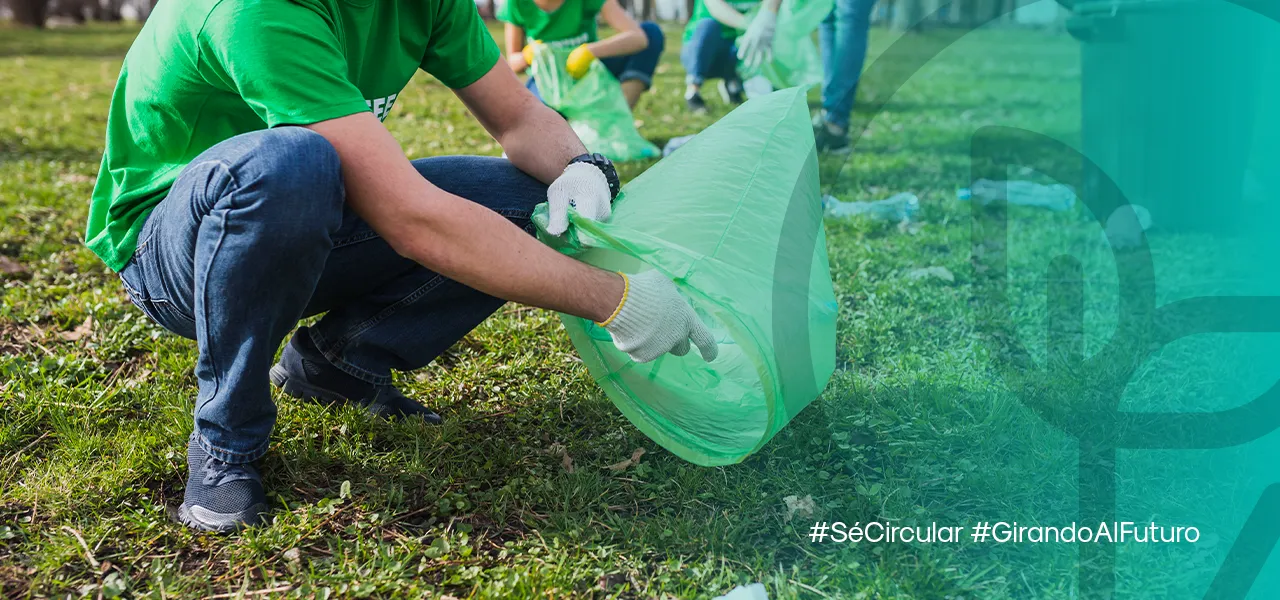
Recycle, reuse, reduce: Three steps to take care of our planet
These three steps can make a big difference in caring for the environment. Here we tell you a little about each of them:
Recycle: Imagine that your plastic bottles, aluminum cans and papers can have a second chance. By recycling, we prevent these materials from ending up in the trash and turn them into something useful again. In addition, by recycling, we help our community because new jobs can be created.
Reuse: Before throwing something away, think about whether it can be used for something else. For example, a glass jar can be a perfect place to store your spices or to plant a small plant. And those clothes you no longer use can become a cleaning cloth or a work of art. By reusing, we not only generate less waste, we also save money and reduce the demand for new products.
Reduce: Of the three this is the most important step. It's about changing our habits to buy and use less stuff. This can range from choosing products with less packaging to buying things that last longer. Every time we decide not to buy something, we are helping the planet because fewer resources are used and less waste is generated.
By following these three important steps, we are not only taking care of our planet, we are also protecting our natural resources for future generations. Remember, every little decision counts - together we can make a cleaner, more sustainable planet!
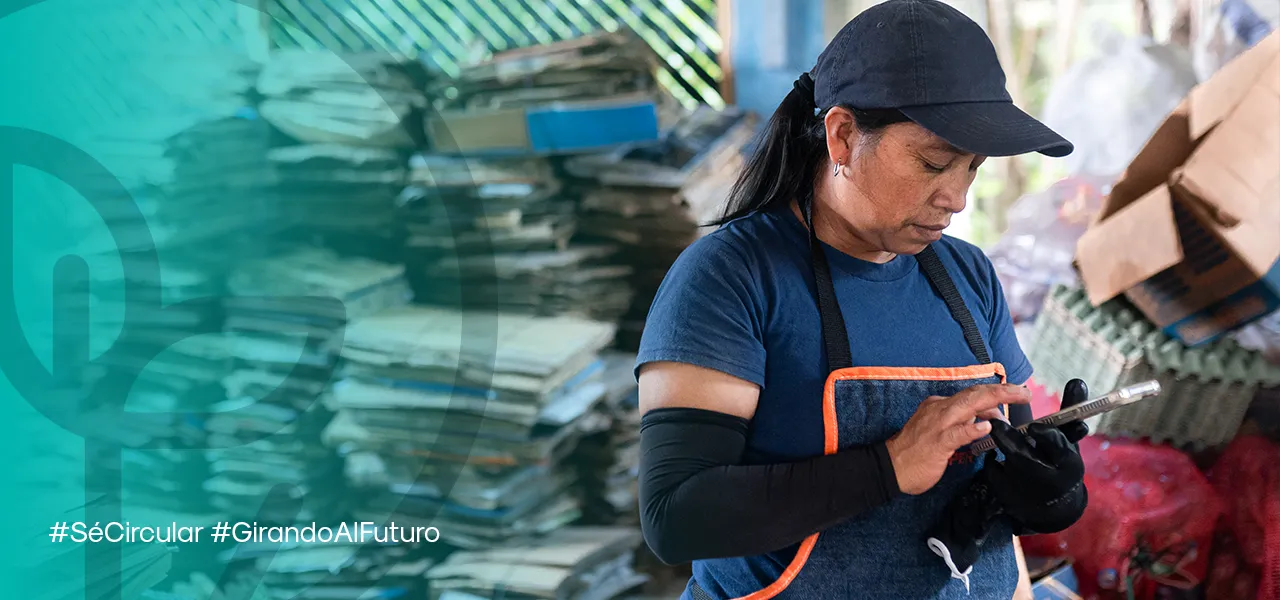
Conclusion on waste
And well, after all that we have explored throughout the blog, are you encouraged to do your bit? Handling waste correctly is not just a matter for big companies or governments; we can all do something. From choosing products with less packaging to recycling what we can and teaching others to do the same, every little action counts.
Remember, it's not just about having a nicer place to live, although that's important too. It's about making sure our planet remains a healthy home for future generations. So, let's go! Make recycling and proper waste management part of your routine. And when you see a plastic bottle or a piece of paper lying around, think about the impact you can have by making the right choice.
Together we can make this world a much better place, one step at a time!

